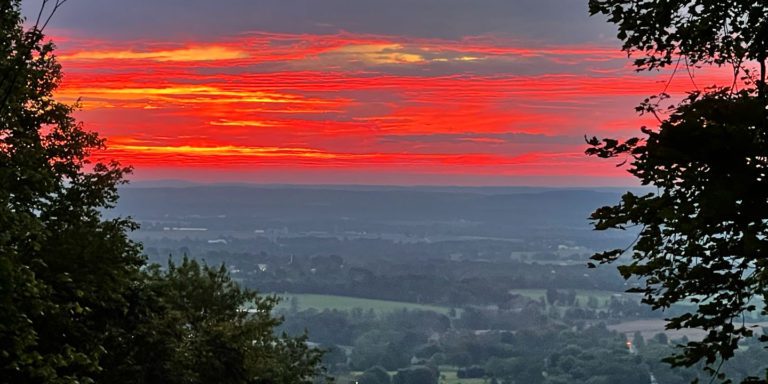
I awoke on Sunday in my own bed.
‘The sun!’ I thought. ‘I need to check it.’
Sure enough, it was rising at the north edge of the “gap”—an open space in the forest where I can see the horizon. The sun only rises in the gap for about ten days around the fall and spring equinoxes.
I hadn’t missed its parade across my panorama. In fact, the show was just beginning.
I wonder how early humans came to understand celestial events. Certainly, life and death were involved. Planting. Harvesting. Knowing how much longer cruel winter would last.
I’d be clueless. Dead in the first hard winter. But it is good to live in a place where you can’t miss the march of the seasons from north to south and back again.
Travis is driving us to Gaithersburg.
Books by the Foot needs:
- 9 feet of sports
- 5 feet of art
- 10 feet of travel
- 16 feet of cooking
I got an email from a concerned staff member while I was in London. There were some great ideas.
I’m going to reduce the size of paperback westerns. Again. That genre used to be golden. Money in the bank. If I got a grocery bag of Louis L’Amour, they’d be gone in a week. I guess the old guys that used to read them are all gone now.
We are on our way back. We did a quick purge of religion as well. It was easy therapeutic work for the store—and me.
Reducing underperforming categories will allow us to expand deserving ones.
Ten days away, and there is so much to do. But the squeaky wheel gets the grease.
London
Saturday
I never left the hotel. I decided to indulge myself and lie in for the morning. I would head out the back entrance of the Hilton and catch the Express to Heathrow about noon. Plenty of time for a 4 p.m. flight.
Friday after I’d sent last week’s story across the Atlantic, I’d made the rounds to the British Library via the Hammersmith line. From there, the pleasant walk to the British Museum. Neither was crowded. I left the statues and artifacts and treasures and headed past Seven Dials, crossed through Cecil Court, passing all the quaint antiquarian bookshops, then down to Trafalgar Square. The National Gallery had a long line. So many people were congregated in that area due to the Queen’s passing. I suppose the art museum being close gave them some diversion. I crossed the Square and made one last walk to The Mall—the wide straight roadway that leads to Buckingham Palace’s front gate. I stood in the middle and took a photo of the flag lined way with the palace way down in the distance.
I turned and crossed under the Wellington Arch. The Queen passed up that road and under that arch Monday on her final journey from Westminster Abbey to Windsor Castle. One last cask ale at the Sherlock Holmes. A few streets away is Gordon’s Wine Bar. I had passed it many times, but never thought of stopping in. This trip, I’d brought the [Harold] Bloom’s Literary Guide to London. Just when I think I know so much about central London, I was gifted yet another cool discovery. Gordon’s Wine Bar has a Gothic 14th century wine cellar where the bar is located. Rudyard Kipling lived in the house. G. K. Chesterton and Hilaire Belloc frequented the place. I made my way down the uneven steps into the dimly lit medieval space. There were tapped wooden barrels behind the bar of port and Madeira.
And a cask of Amontillado. That portion is called a “Beaker.”
I stood next to an upright barrel and mused on the centuries I’d passed through that day and sipped the sherry.
Then from Charing Cross to Paddington via the Bakerloo line.
That evening, I returned to the Firsts rare book show at the Saatchi Gallery in Chelsea. I wandered past all the dealers on four levels and numerous rooms. I had the same feeling of inadequacy that I felt sometimes in Oxford. Riches beyond the dreams of avarice? No, more like the unattainable being so close but out of reach. I bought four books from American friends. I couldn’t look too much. I’d seen so many wonderful things in Oxford. I guess I’d had a surfeit of wondrous books and couldn’t take anymore.
I waited outside for the show to end, and then the four of us walked to Stanley’s a few blocks away.
A secret garden in Chelsea
Located just off the King’s Road and inspired by the English country garden, Stanley’s courtyard bar and restaurant offers a comfortable place for guests to come eat, drink and relax. The outside courtyard booths have been fitted with reclaimed timber screens to enable social distancing with the Orangery and dining room providing beautiful spaces for coffee, lunch, drinks and dinner.
I had charred porridge, black truffle gnocchi and runner beans. Tastes I’d never experienced before. My cocktail was a vesper martini. We shared a bottle of claret. Or was it two?
We talked about books and booksellers and bookish problems and successes. Afterward, we walked back through Chelsea in the dark.
What did I buy Firsts rare book show?
I bought these two from Brad and Jen Johnson.
Anthony Hope’s The Prisoner of Zenda with a letter from Hope to Vincent Starrett.
This beautiful binding was executed by a woman in the 19th century.
Carroll, Lewis (pseudonym of Charles Lutwidge Dodgson, 1832-1898)
THE HUNTING OF THE SNARK, an Agony in Eight Fits.
London: Macmillan and Co., 1876. First edition. Written between 1874 and 1876, The Hunting of the Snark is considered in all seriousness to be nonsense literature of the highest order. The poem borrows the setting, some creatures, and eight portmanteau words from “Jabberwocky” in Carroll’s children’s novel “Through the Looking-Glass” (1871). Features nine illustrations by Henry Holiday. Octavo. In an exquisite full green morocco binding by Elizabeth Griscom Marot of the Guild of Women Binders, with elaborate gilt stamping, a Pisces design with tan calf onlays, five raised bands, ornamental dentelles, and gauffered edges. Marot’s initials and the date 1906 are stamped in gilt on the rear dentelle. The original cloth has been laid down on blank leaves in the rear. Just a hint of rubbing to the corners and tips; else fine.
Elizabeth Griscom Marot (1863-1950) was a distinguished American bookbinder who studied under T.J. Cobden-Sanderson at the Doves Press. Subsequent to her work in London, the Philadelphia Quaker taught bookbinding at the School of Worcester Art Museum in Massachusetts, and authored the article “Tools Used in Bookbinding” (1911), in which she elaborates on her insights and knowledge of the craft.
The Guild of Women-Binders was a British collective founded in 1898 to promote and distribute the work of women artisans. Based on the Ruskinian principles developed by William Morris, the Guild was in a sense a female reinterpretation of the principles of the Arts and Crafts Movement. For a time, it bolstered the market for bindings produced by women already practicing, while also instituting training programs to teach other women. The Guild closed in 1904, leaving behind a legacy of extraordinary quality.
And these from Laurelle Swan.
A beautiful vellum Kelmscott.
And these Goya’s printed from the original plates.
Saturday after the leisurely morning abed, I packed my much heavier roller bag. I abandoned the travel guides I brought. They had weight and are easily replaced at Wonder Book.
Heathrow was packed, and I had plenty of spare time. At British Air check-in, I was asked if I knew where the lounges were.
‘I qualify?’ I thought.
There was plenty of room in my knapsack, so I bought a tin of Harrods tea.
So, I sat in relative luxury and wrote a bit. There was free food and drinks, but I was very picky. I’d eaten too wonderfully in Oxford and London.
On the plane, I was seated in the big chair section right behind the “bed/lie down” section.
I transposed a lot of poems from the summer and September, including the one at the bottom of this story.
The meal was excellent. Lamb shank. I could get used to the semi-royal treatment. I hope my promotion is permanent.
I couldn’t resist stopping at the warehouse on the way home, although it was late and I was exhausted. The building has a strange vibe late at night with only the security lights on. I wandered through and saw all the carts of old books with my name on them. It was comforting. Walking the long aisles and rows, I felt the books were watching. Waiting. Patient for the attention due to them.
Sunday, I got in early and worked with the vigor of having been away for ten days. I didn’t get close to being caught up, but the building seemed manageable.
All that changed Monday when a charity brought 700 boxes. Larry dropped off 250. Those were just the bigger ones. Plus, we had five vans from the stores to empty.
The calm contemplative mood of the weekend became a panicked scramble to find space.
Larry dropped off another 350 boxes on Tuesday. There were other big deliveries.
I needed a breather on Tuesday or Wednesday, so I looked at the bulb catalogs I get every year. I got carried away with their catalog and ordered a few thousand spring bulbs from Van Engelen.
- The Bee-Loved Naturalizing Allium Special
- The Sultry Summer Orienpets
- Collection K: Late Flowering Fragrant Narcissi
- Collection J: Early-to-Late Naturalizing Narcissi
- Collection U: Essential Late Spring Perennials
- Eranthis hyemalis
- Erythronium revolutum White Beauty
- Narcissus Tête à Tête
- Narcissus Xit
- Narcissus Baby Moon
- Narcissus Barrett Browning
- Narcissus Goose Green
- Narcissus Pheasant’s Eye
- Narcissus Lieke
- Narcissus Capisco
- Amaryllis Saffron
- The Christmas Flowering Single Amaryllis Mixture
- Amaryllis Merry Christmas
The pictures had me over excited. Some of the romantic names sold me as well.
Over the next couple of months, I’ll be whining about how many bulbs I have to plant, I am sure.
Thursday
Today is the autumnal equinox. Around 9 p.m. tonight, the sun will be directly above the equator.
I had to climb out onto the porch roof to get a good angle on this morning’s fiery dawn.
The sunrise will be just before 7. Sunset just after 7. Twelve hours of day. Twelve of night.
The sunrise is still far to the left. I will have many days of sunrises before it crosses back into the forest on its journey south.
And the weather is breaking right on cue. Today’s high will be 73. Tomorrow’s 65.
Another quarter of the year will have passed. I think I put most of it to good use.
The warehouse construction project is proceeding apace. The grading is nearly done. They were surveying it Monday to make sure it was precisely flat. The next step will be to put in the slab, I think. I didn’t know this, but the dirt pad has to be some special clay and not just any old dirt.
I hope that it will be a good venture. The numbers are scary.
Quebec.
London. Oxford.
Some bizarre people issues.
A legal matter that dragged on for over 2 years. COVID related.
Gardening. Woodcutting. A little home improvement.
And books. Lots and lots of books.
What will the next quarter of the year bring? I’ll know when the winter solstice comes.
Friday.
53 degrees. Chill air flows in the front window and pours over the bed. There’s only a single sheet over me. I pull pillows to me and heap them around and over.
It is fall.
I am ready. Anxious really.
The shorts and ankle-high socks will be put away. Sweaters and jackets will march upstairs from the cedar closet.
We are sponsoring the classic book film series again this year: Wonder Book Classic Film Series. The first year ended abruptly. COVID. Last year, we really weren’t involved. This season, the first movie will be Frankenstein. Boris Karloff. I am excited myself to see it on the big screen.
We had the retro Wonder Man mugs remade.
They are available at the stores. $5.99.
The warehouse gardens turned out well, though I was very late planting them. There have been plenty of varieties of tomatoes and peppers, cucumbers. The sunflowers are as high as the sky.
I spent a lot of the week doing carts. So many books came in. The only way to keep up is to have them sorted. The more that are sorted, the more carts are set aside for me. There are always interesting finds. Sometimes there are books I hope will be very interesting once they are evaluated. Yesterday mid afternoon, this book jumped off a cart at me.
1613! Spanish about the Kingdom of Valencia.
I took it to Annika, and this is what she found.
1613. Spanish “Annals of the Kingdom of Valencia. The first volume, which runs from its population after the Deluge, to the death of King Jayme the Conqueror.” First ed. Though identified as “first volume” in the title, no other vols. were published.
These finds are exciting. But there is an evangelistic aspect to it as well. We are often—maybe usually—the last or only resort for books. This beauty would likely have been destroyed if we didn’t do what we do and process the hundreds of thousands of books per month the way we do.
I’m kind of proud of that.
Plus, keeping busy is therapeutic. Idle hands… you know.
I thought about going to the county fair last night, but didn’t feel like going alone. So I just came home and played with the dogs and sat out in the cool evening. It is a contemplative time of year. This year has seen the pandemic become less relevant to our daily lives. I wonder if there will be a true history written about it. I wonder if any histories are true.
I lit a couple candles in the kitchen while I heated up Asian leftovers. Bi Bim Bap.
A big load of composted manure had been dropped off. A dairy squeezes all the methane out of it for fuel. And this is the by-product.
It has the texture of peat moss. There are no seeds or sticks in it. It smells… sweet. Not like manure at all. I still have a lot of things to transplant before they disappear back into the earth. The redbud treelings can wait til they go dormant. Then the bulbs.
A documentary filmmaker is coming today. She reached out in March and visited while I was away. She is based in L.A. and Berlin. Here’s her shooting schedule:
Oxford.
Last week’s story just rushed by the 5 days I spent there. The ILAB folks created such a busy schedule. The professionals at all the venues—mostly librarians and curators—were so passionate about sharing their treasures and spaces. It was too much to put into one of these stories.
What was my favorite? There wasn’t one. They were so different.
But I feel I should write more about Wormsley.
I even bought this book, though it was so heavy. It is an exhibition catalog from the Morgan.
It was Tuesday. The last full day. Our group was assigned to an ancient double-decker bus. It was from the 60s or 70s and had a manual transmission.
Nostalgia Tours was painted on its side.
It was fun until we hit the first bump. There were no shocks or suspension. The impact went straight up my spine.
“Owww!” I ached for the rest of the trip.
We headed out into the countryside. I braced myself by holding the seat back in front of me and raising my tail up off the seat a bit. It didn’t help when we hit a dip, and everyone in the back of the bus became airborne.
When we got to the Getty estate, the iron gate swung open, controlled from some remote location. The old bus rolled through fields of sheep and a deer park. We passed a world-class cricket pitch before my group was dropped off at the walled gardens. September gardens are usually sad, but these were still vibrant. The gardener chatted with us for a bit about the mission. Then we were sent off exploring.
I started at the croquet pitch.
It was the real thing with cast iron wickets and heavy wooden balls (5 pounds?) and long mallets. I remember how I loved to set croquet up in the backyard when I was little, but I couldn’t recall the rules. Still, it was fun to bang the balls around. You really had to swing hard to get the ball to go far. Then I wandered through various gardens, testing myself with the names of plants.
Vegetable, herb, border, rose, orchard.
Autumn crocus!
It took a bit, but then I recalled—Colchicum. We studied its properties in pre-med as a poison and a medicine. There was something else about its properties. Something to do with mutation? Anyway, murderers in fiction and in fact have used it.
Then it was time for our group to switch with the other group and visit Sir Paul Getty’s Wormsley Library.
We clambered into the bus and swayed and floated and bumped a mile or two across the estate. We were led past the opera house. (Yes. They have a state-of-the-art opera house.) In the distance were fields and ponds. Another deer park was just on the other side of the water.
Then up to the estate with a library attached at one end. It is a castle-like building on the left side of the image on the very heavy catalog (303 pages on heavy glossy paper with color images on at least every other page.)
The curators and librarians had laid out a sumptuous feast on every flat surface in the building (including the sofa.)
Busts of some of Sir Paul’s favorite writers were inset high above.
Wallace Stevens, for example.
You could sense the collective breath taken away from the 20 or so booksellers as we were let loose to peruse (but not touch) anything we wished.
Some tables and sideboards had things laid out thematically.
Incunabula.
Illuminated Manuscripts.
Press books.
All 4 Shakespeare Folios. (Three were shown in last week’s story.)
There was a Ptolemy’s Cosmographia of woodcut maps.
And there was Blake’s Songs of Innocence and Experience hand-colored by him.
That’s a Kelmscott Chaucer on the front edge of the table below.
There was original art as well.
Rossetti’s muse. Lizzie Siddal, right? (I couldn’t avoid the glass reflection.)
Getty began building the Wormsley Library in 1985 and got a lot of the books via Maggs. But in his introduction, he tells how he caught the book bug as a kid with F. Scott Fitzgerald. After the Korean War, his tastes advanced. He writes he got the Blake from California booksellers David Magee and Warren Howell. But it was when he moved from Italy to England that he began collecting in earnest.
I left a little depressed as well as overstimulated.
“I want. I want. I neeeed…”
My little collection will have to do for this lifetime. And who knows what will be added sooner or later?
Warning, poem below.
8/28/22
Rainbow
He sang his song for her
Seated atop a hill
The words were fine and fair
He sang for her far away
Too far to ever see again
Yet he sang as though she could hear
His words rose like smoke
They floated and flew up ward
Up, up, up to heaven’s door
She opened the door and let them in
She wept at the loneliness
She wept more at the heartache
Her eyes like a fountain
With tears overflowed
A soft rain fell upon him
Alone atop the hill
The drops were salty and sweet
They tasted familiar
The sun dropped toward the horizon
And a vast rainbow formed
It reached from heaven to earth
They trod that sky road
Til they met at a land
Encased in clouds
They dwelt there
Between heaven and earth
Until the sun and the moon
Closed their eyes forever

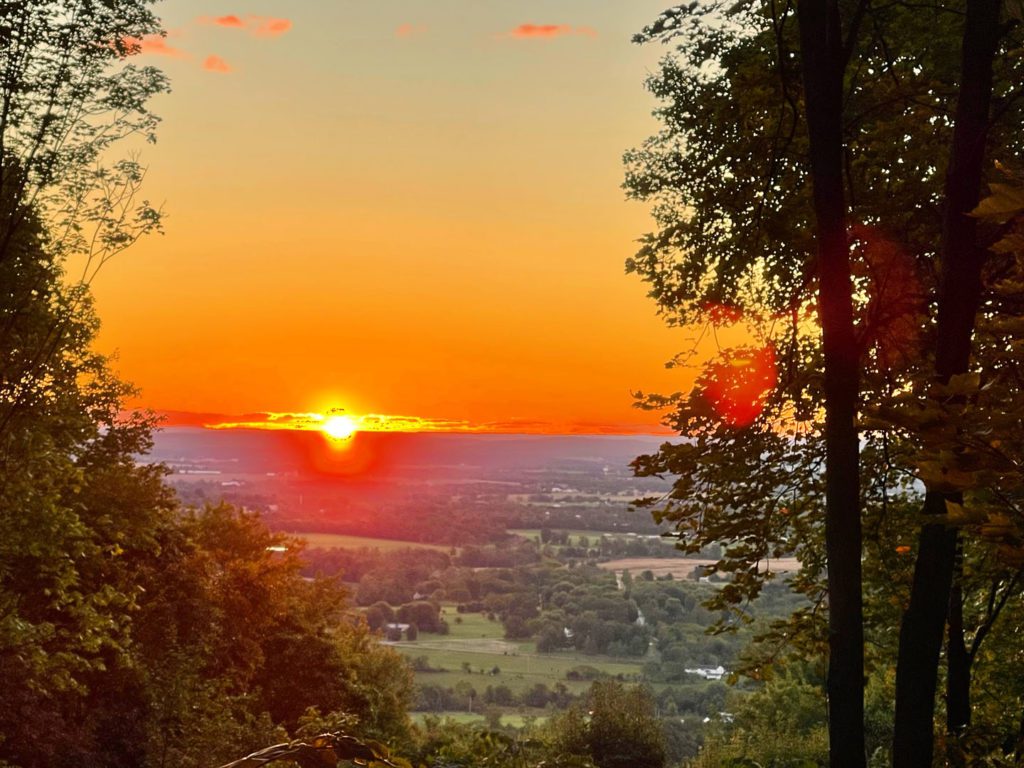
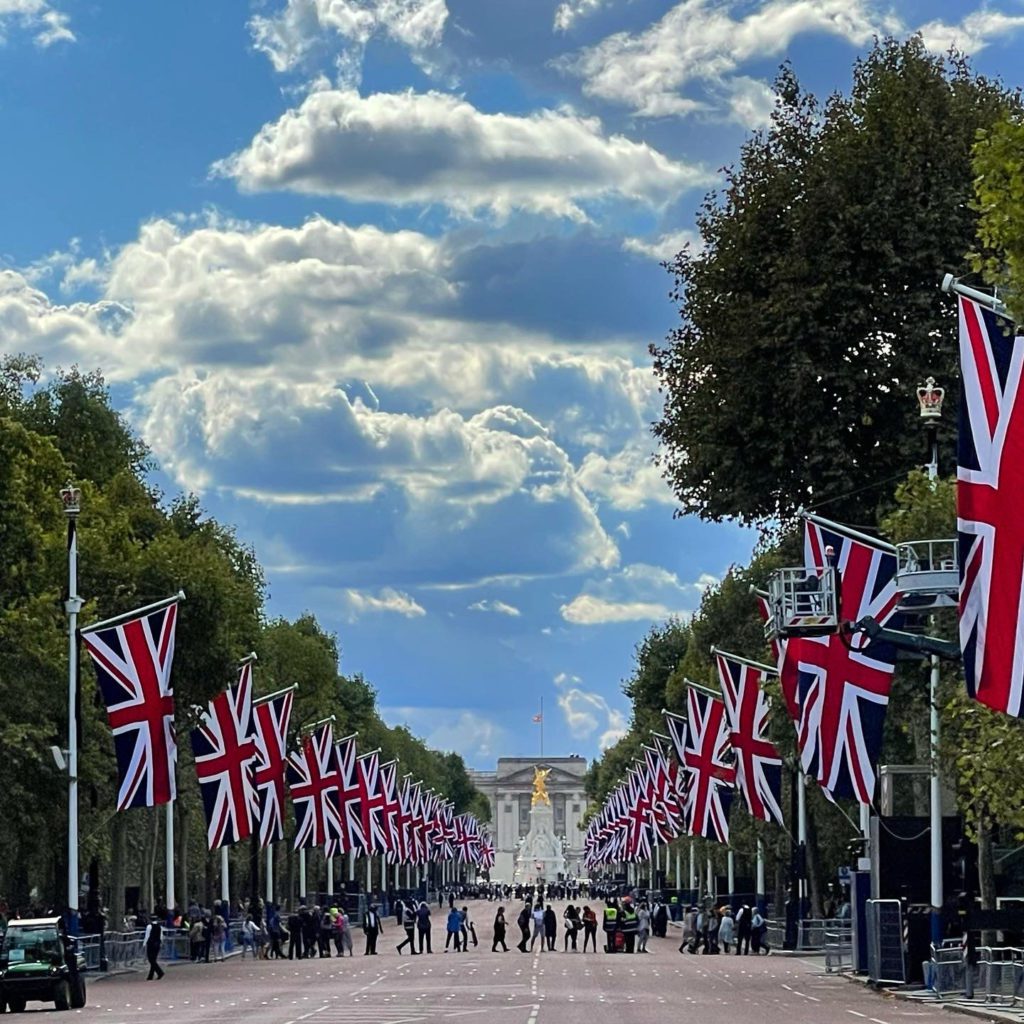

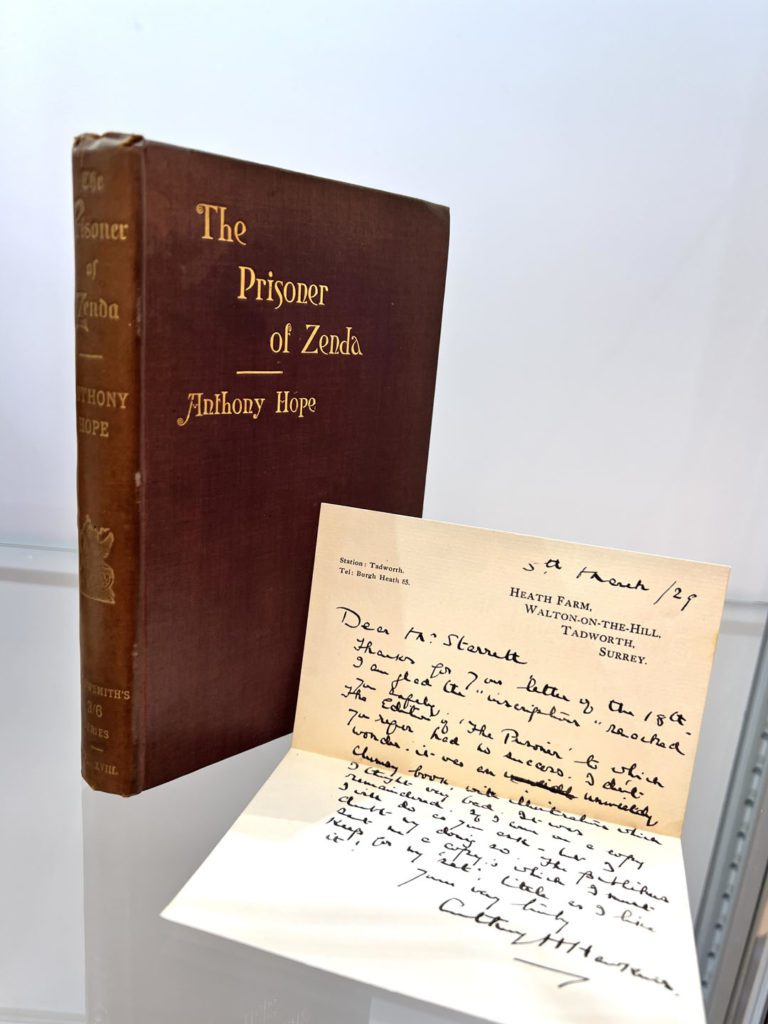
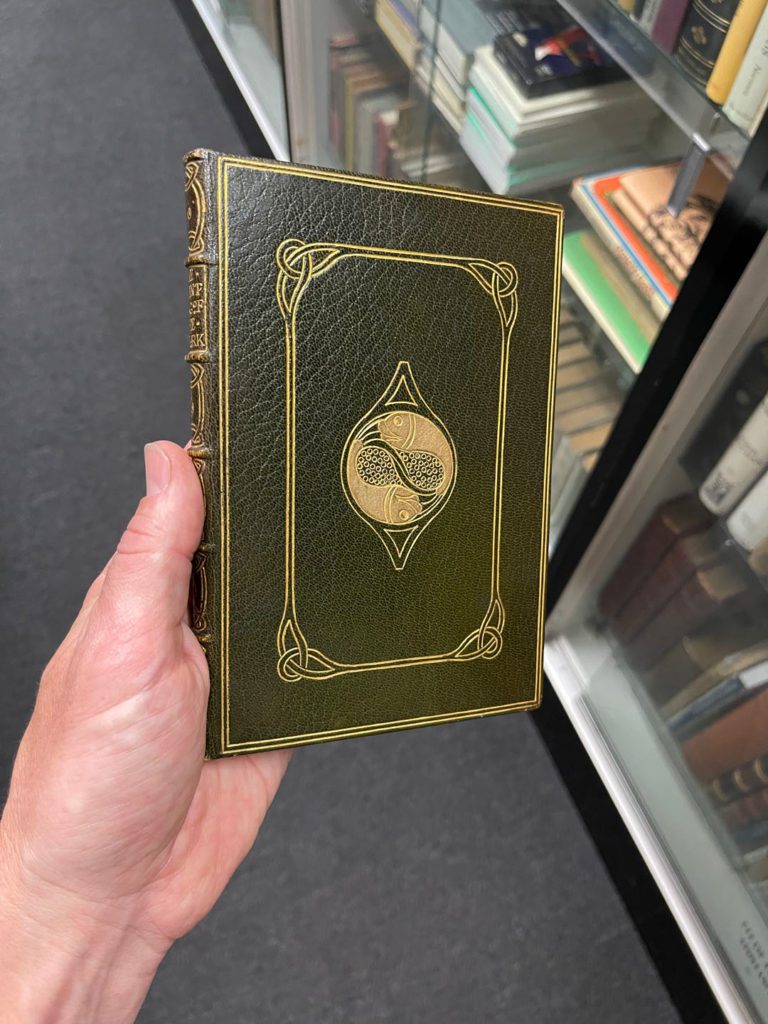
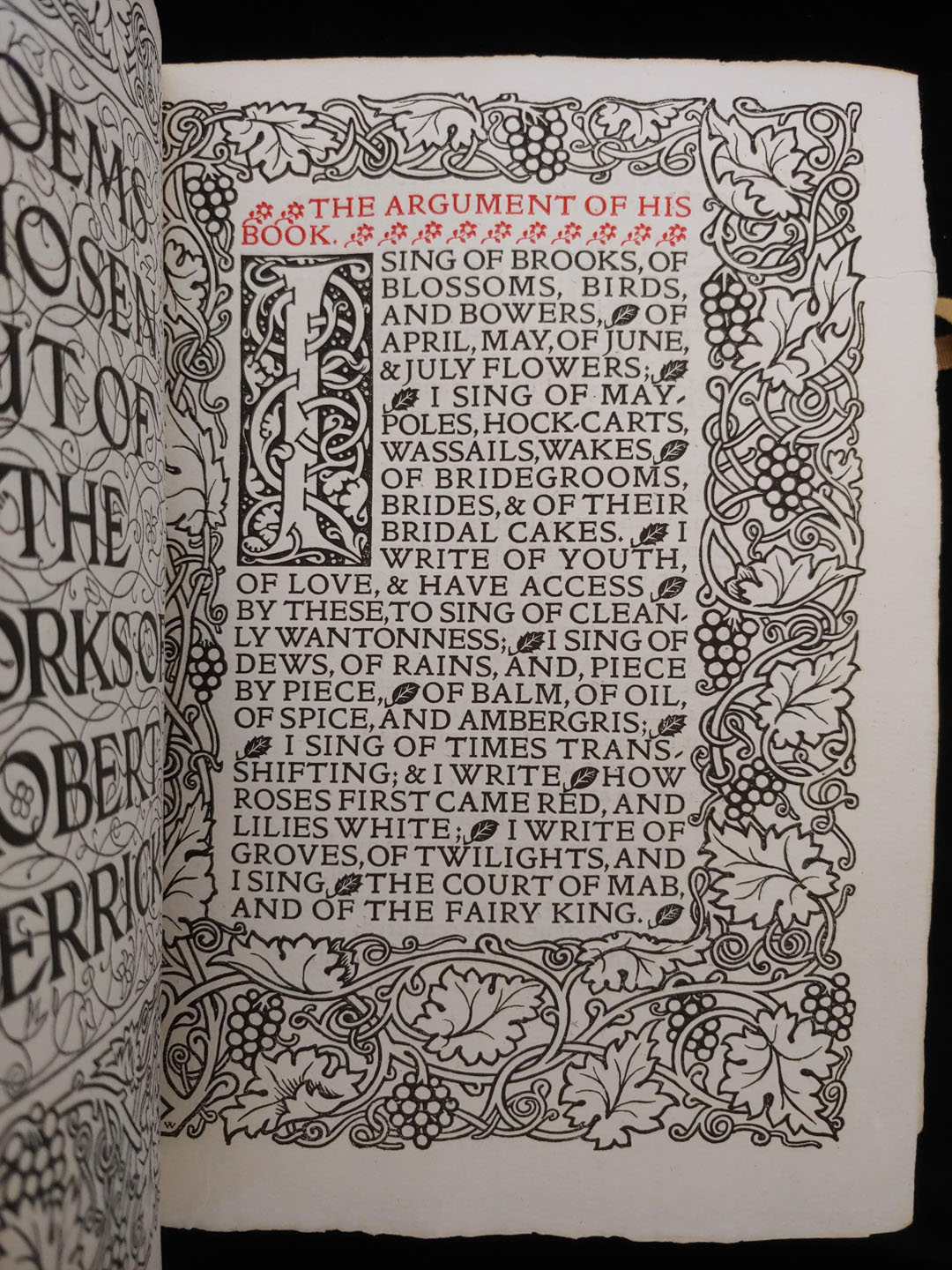


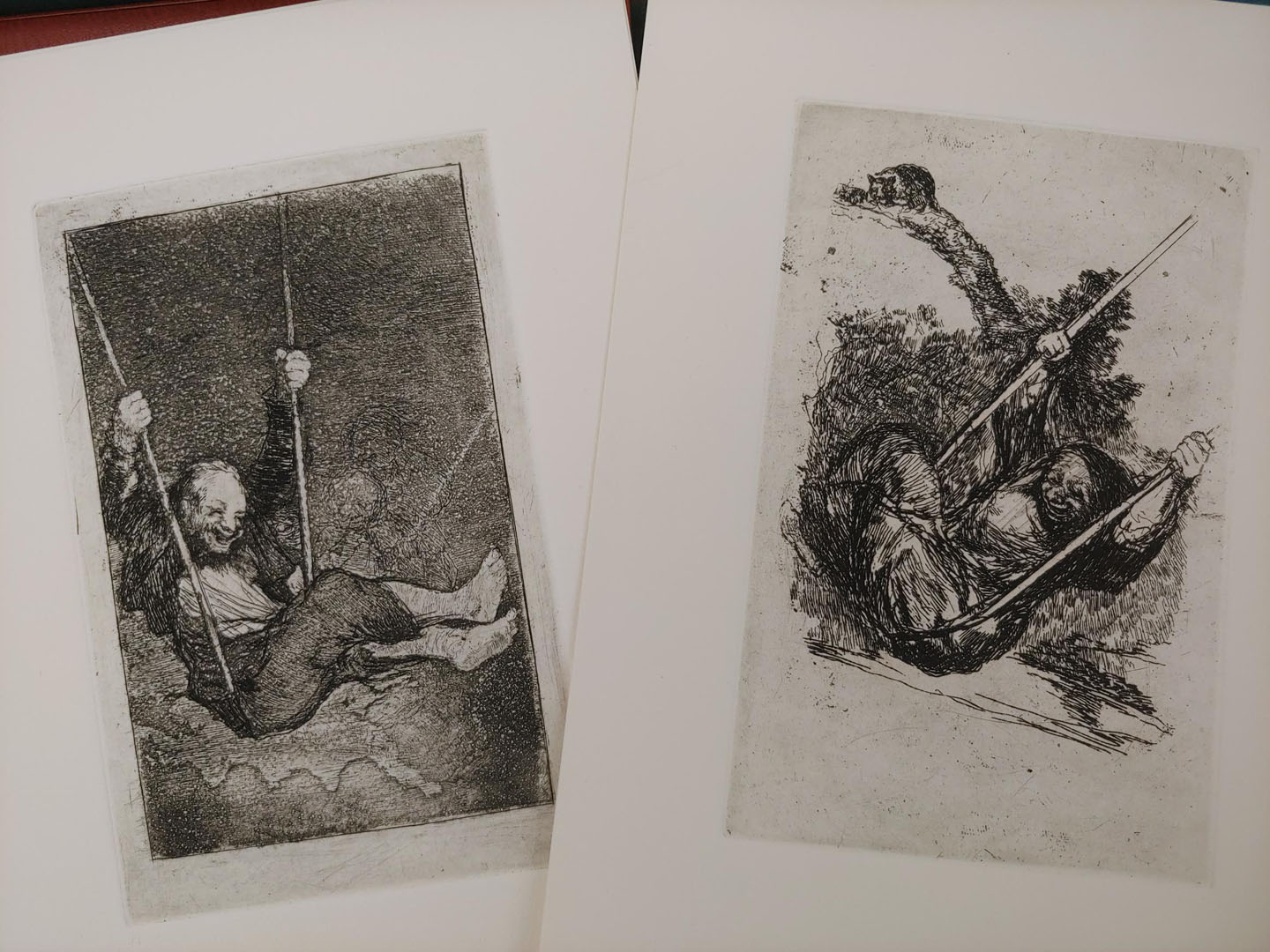
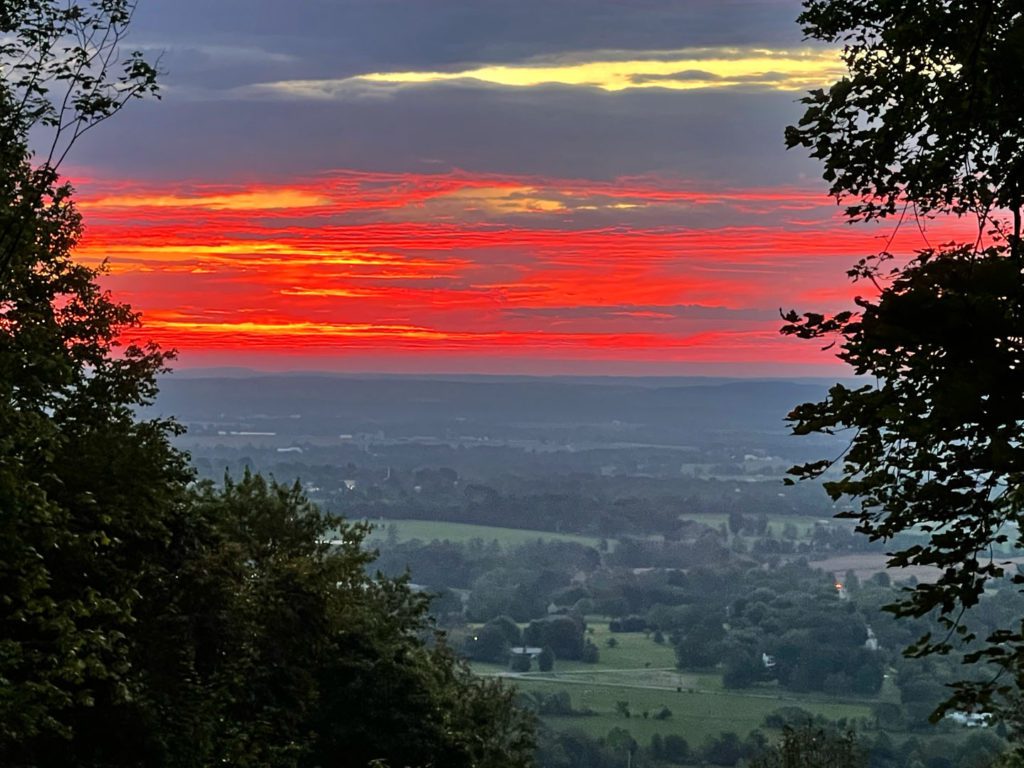
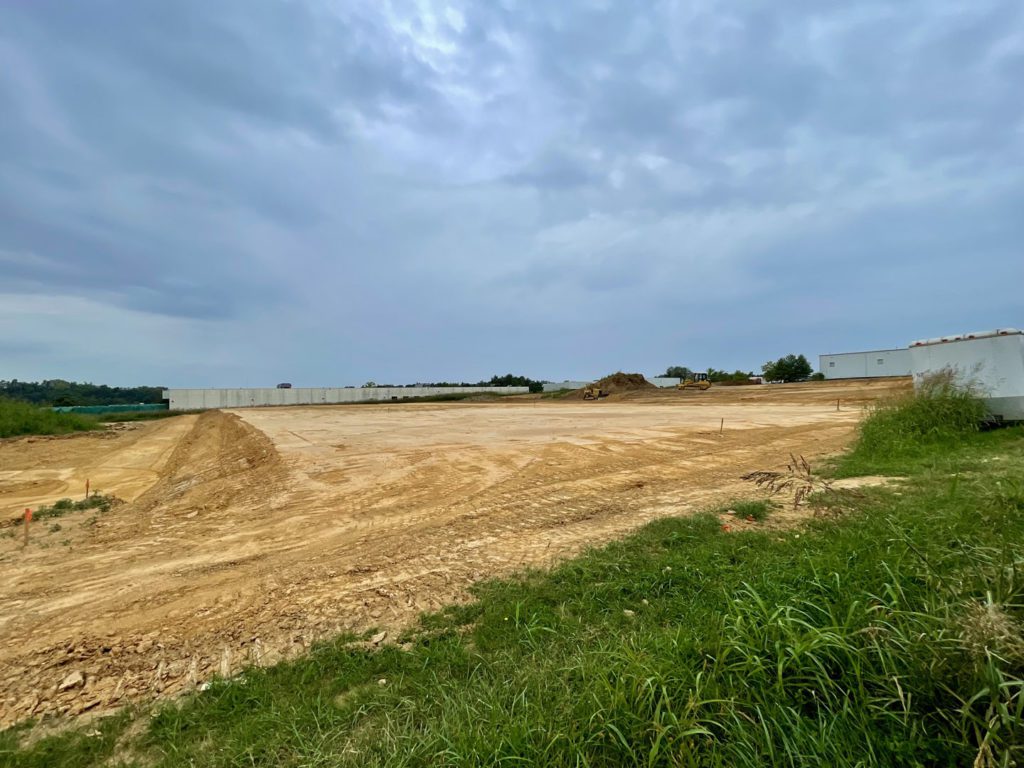
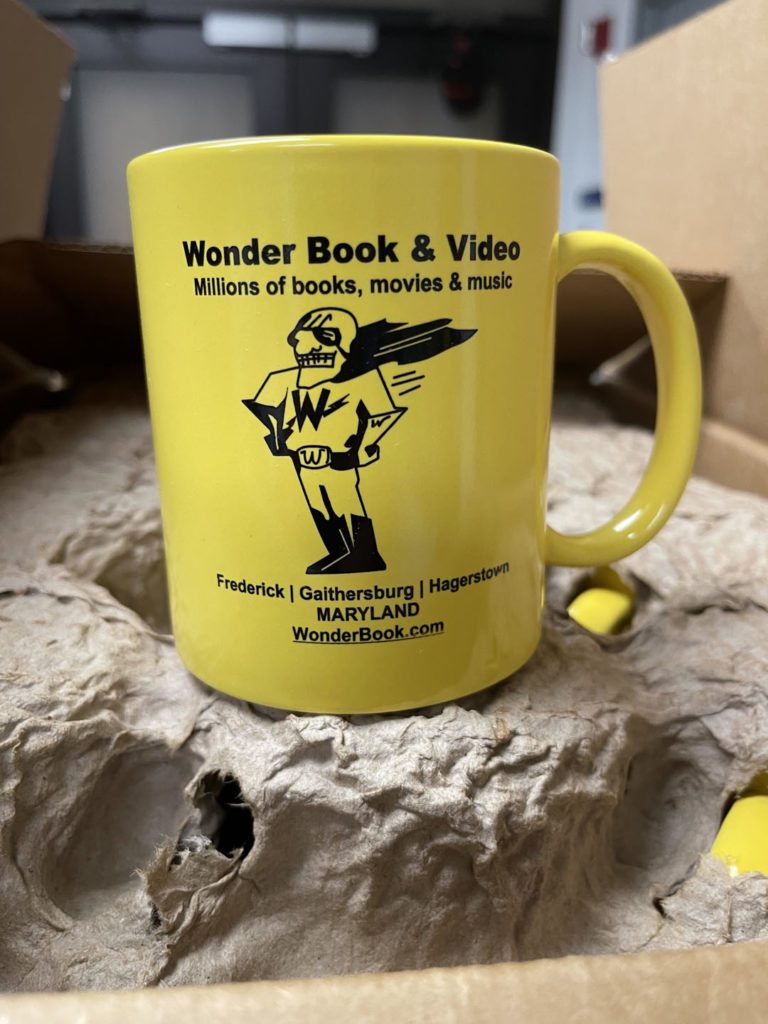

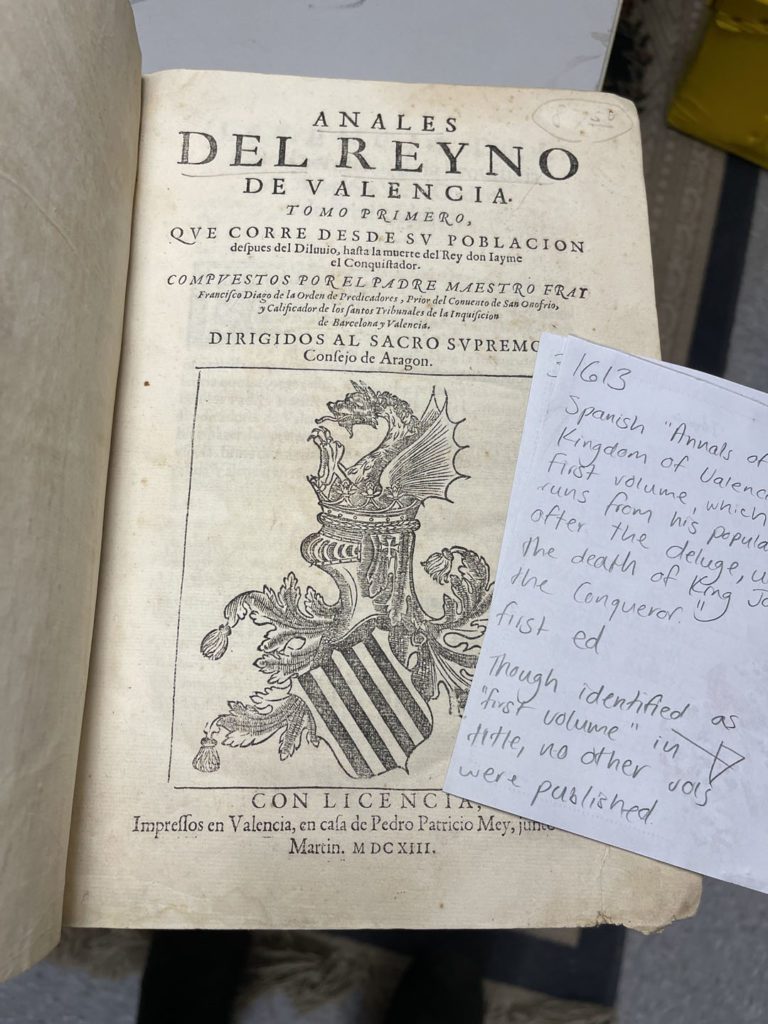
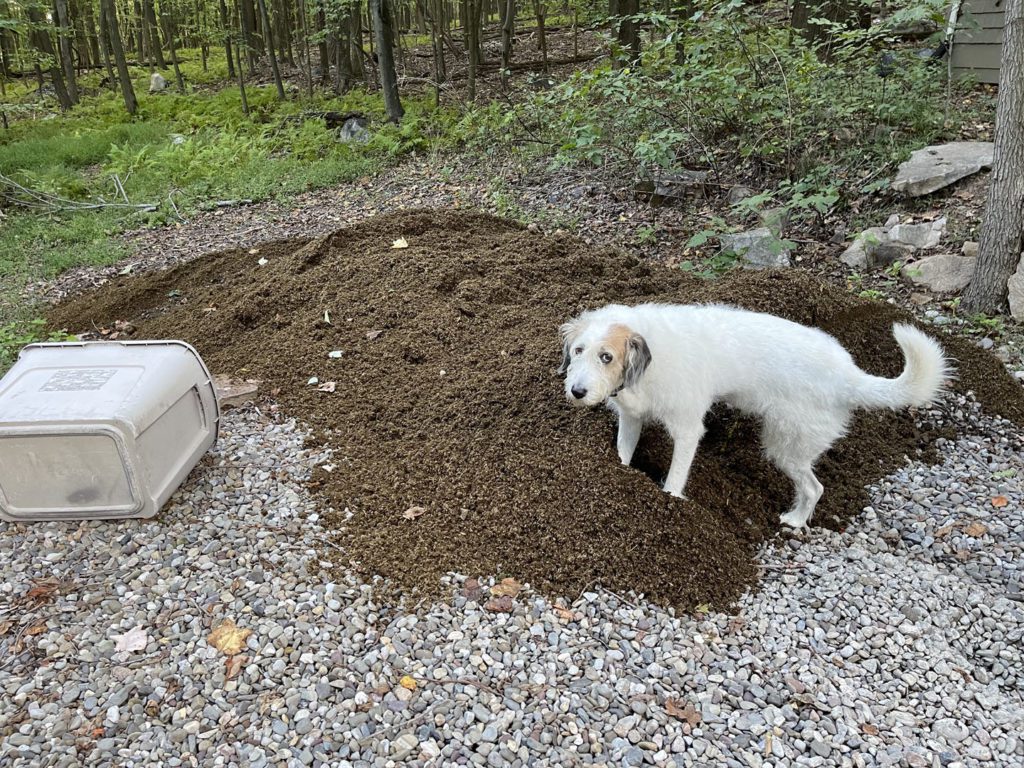
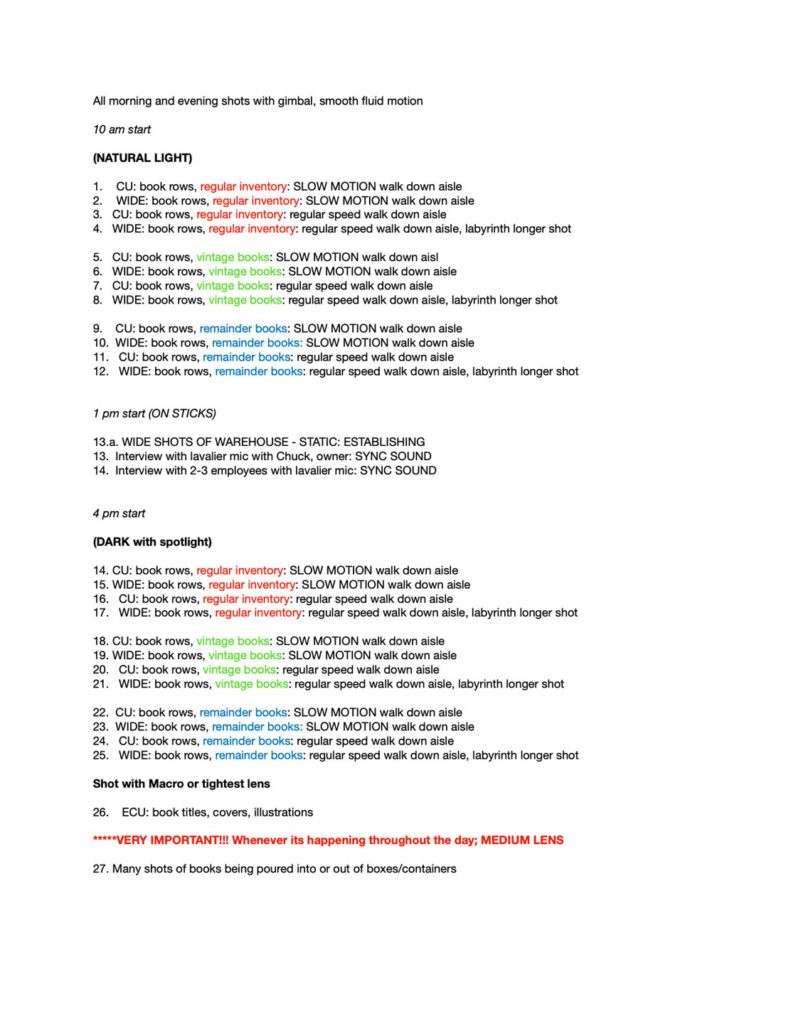
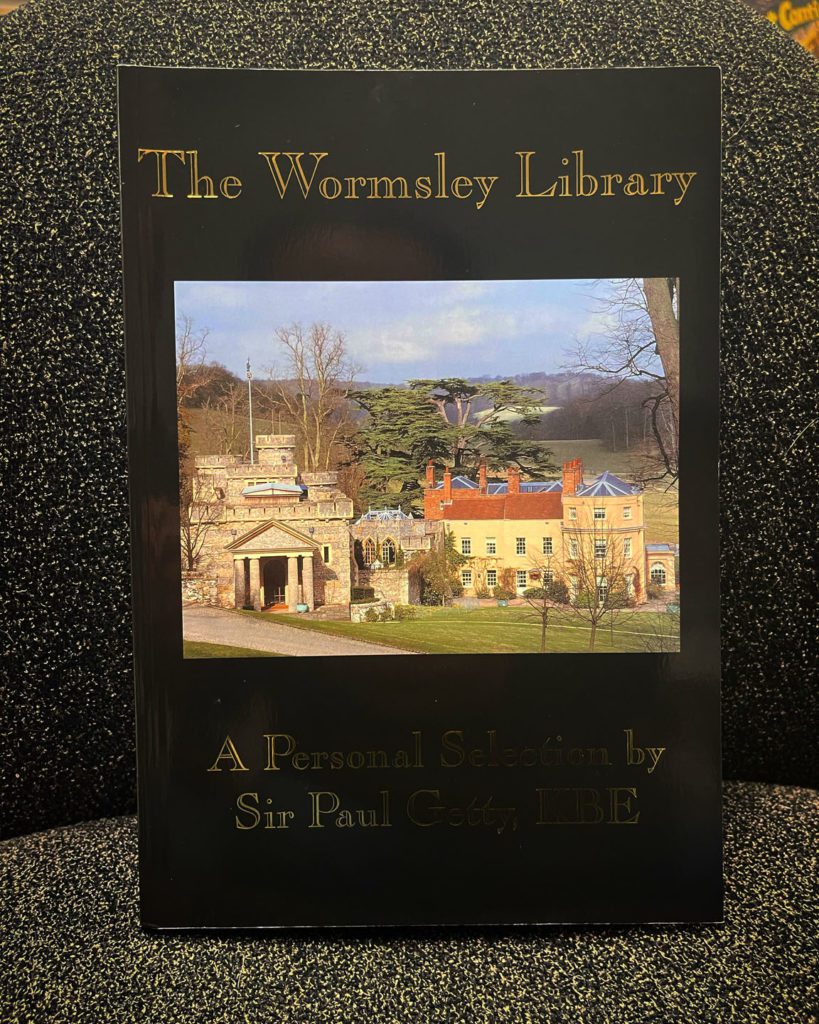
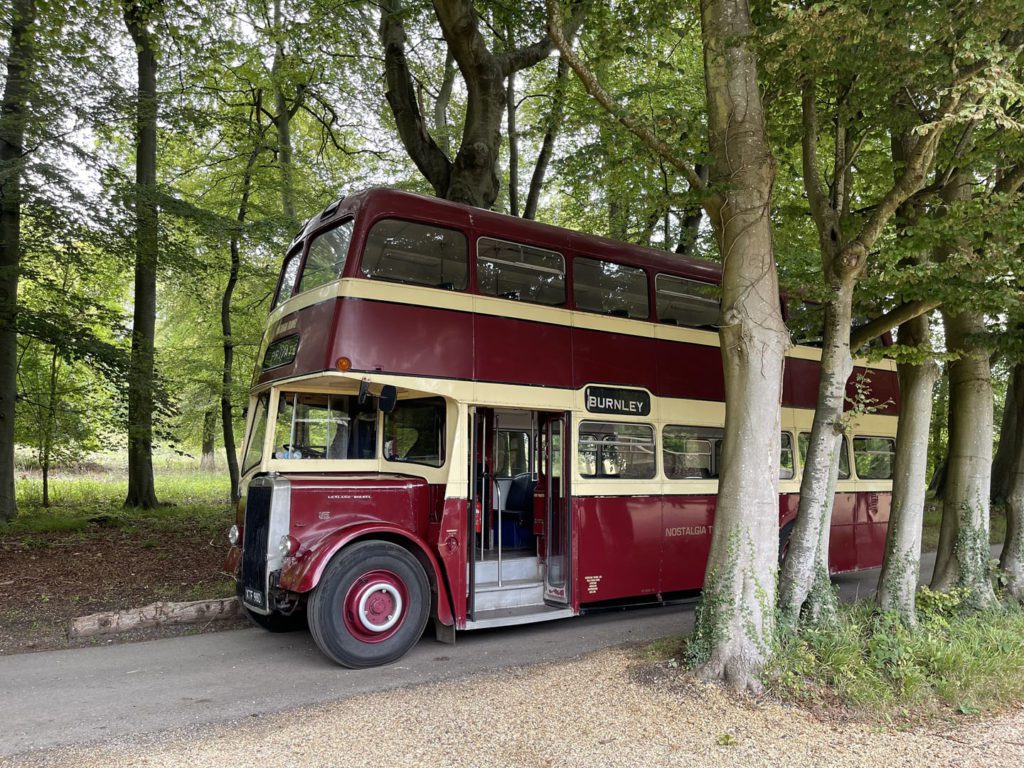
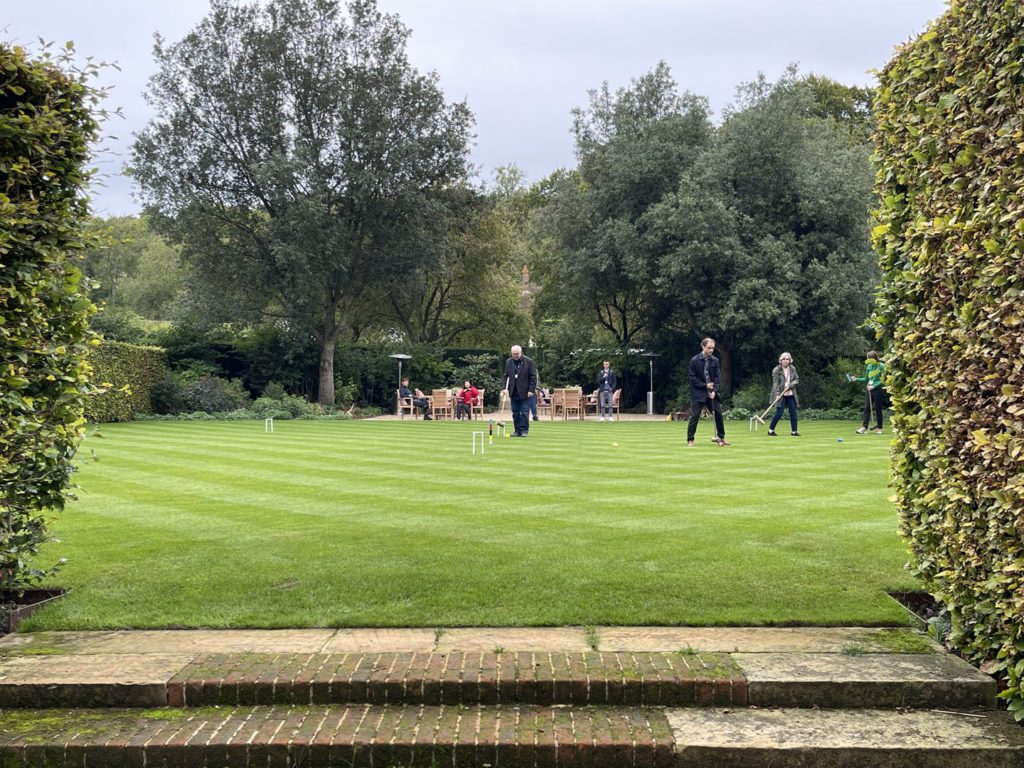
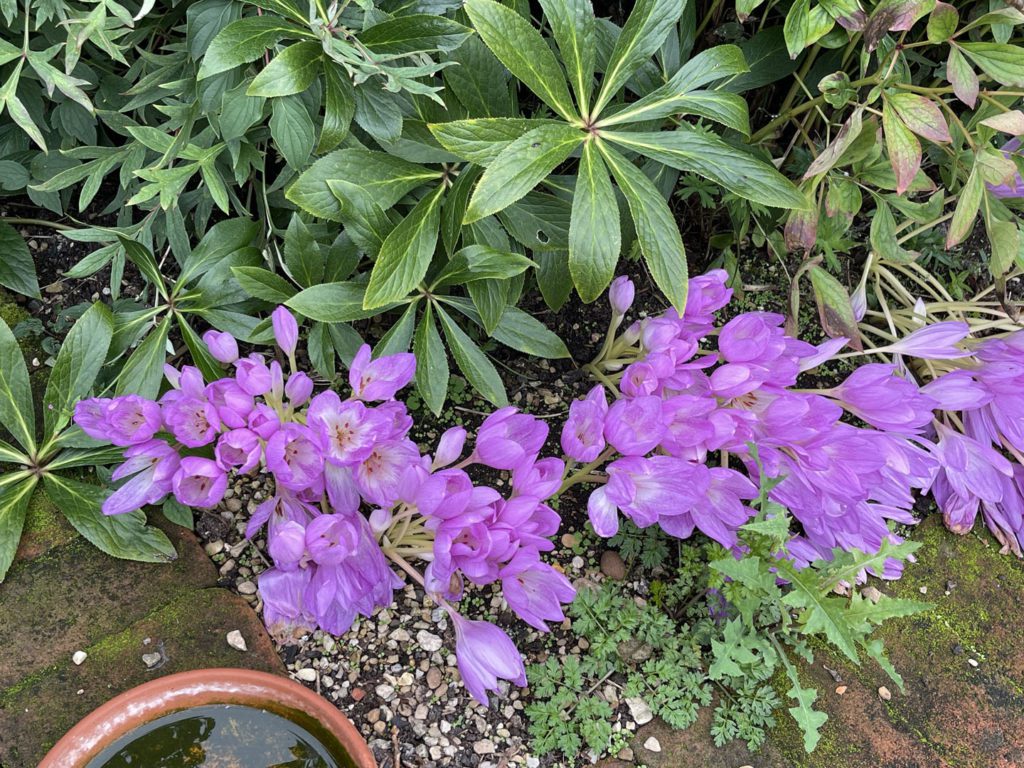
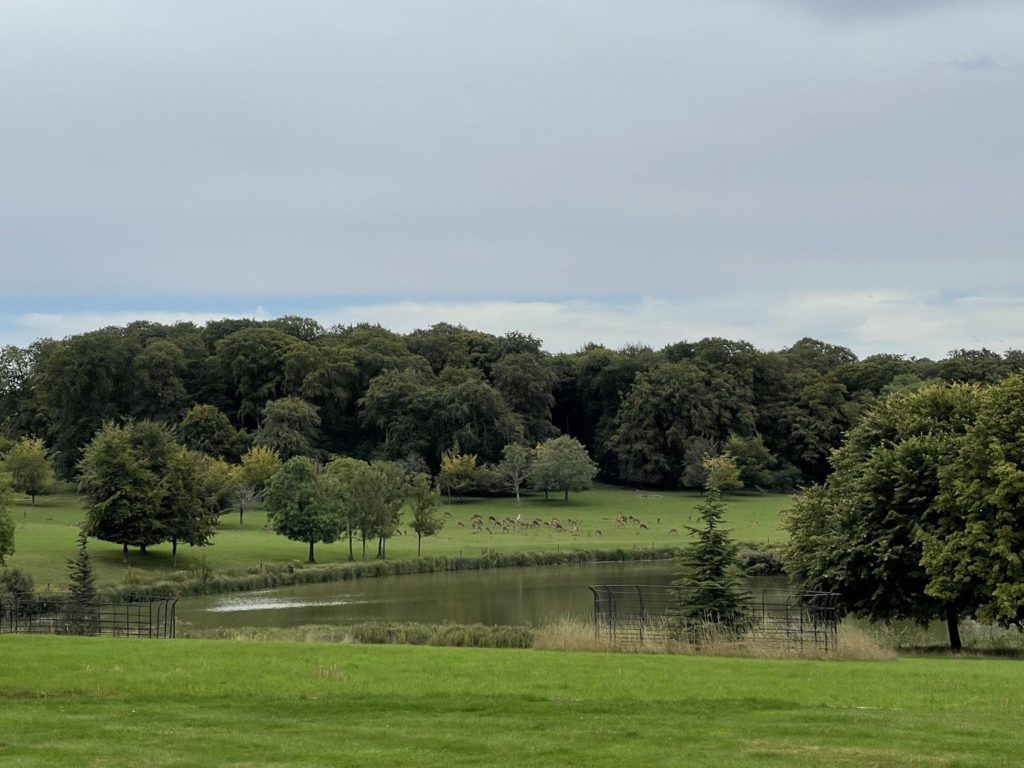
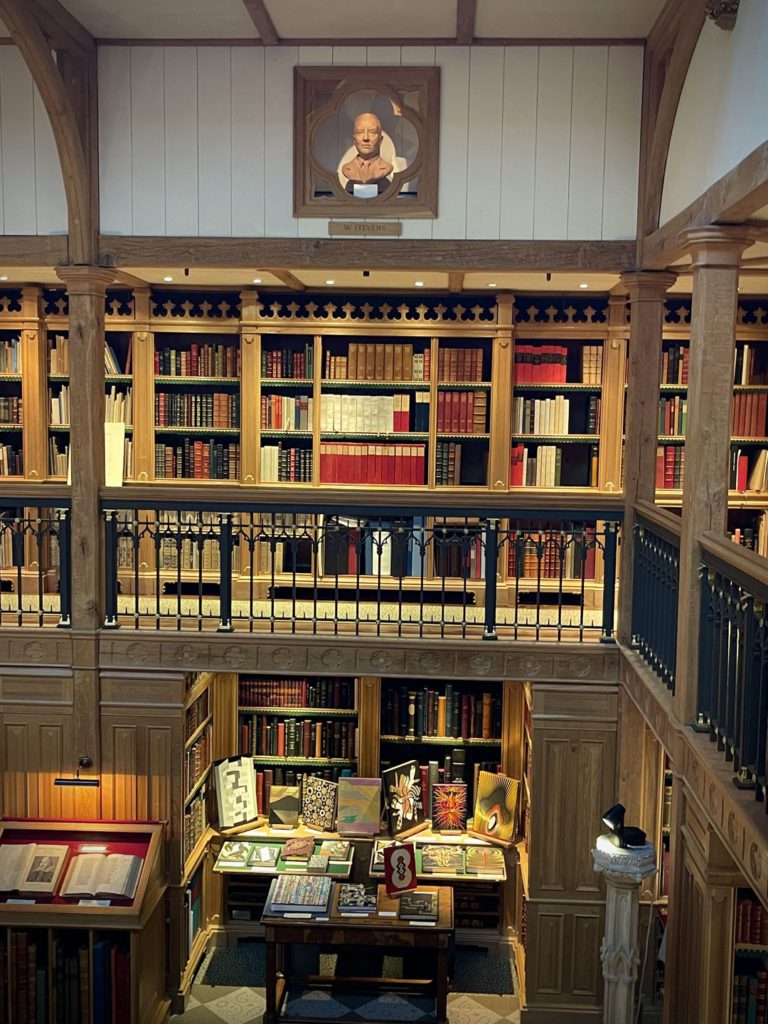
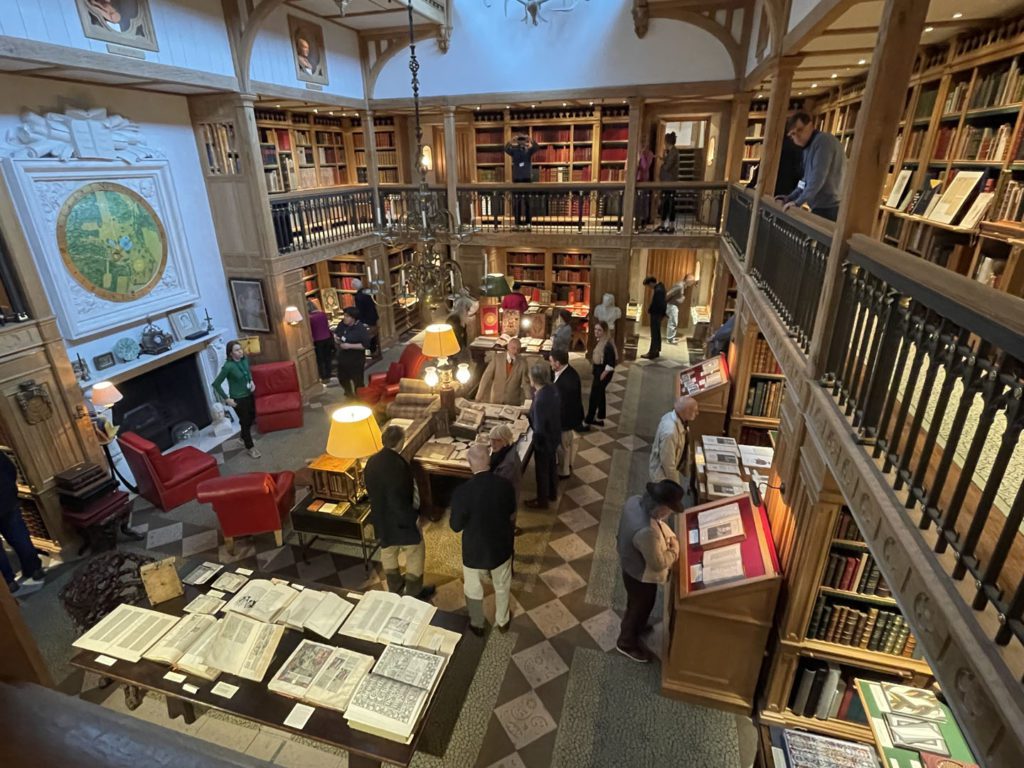
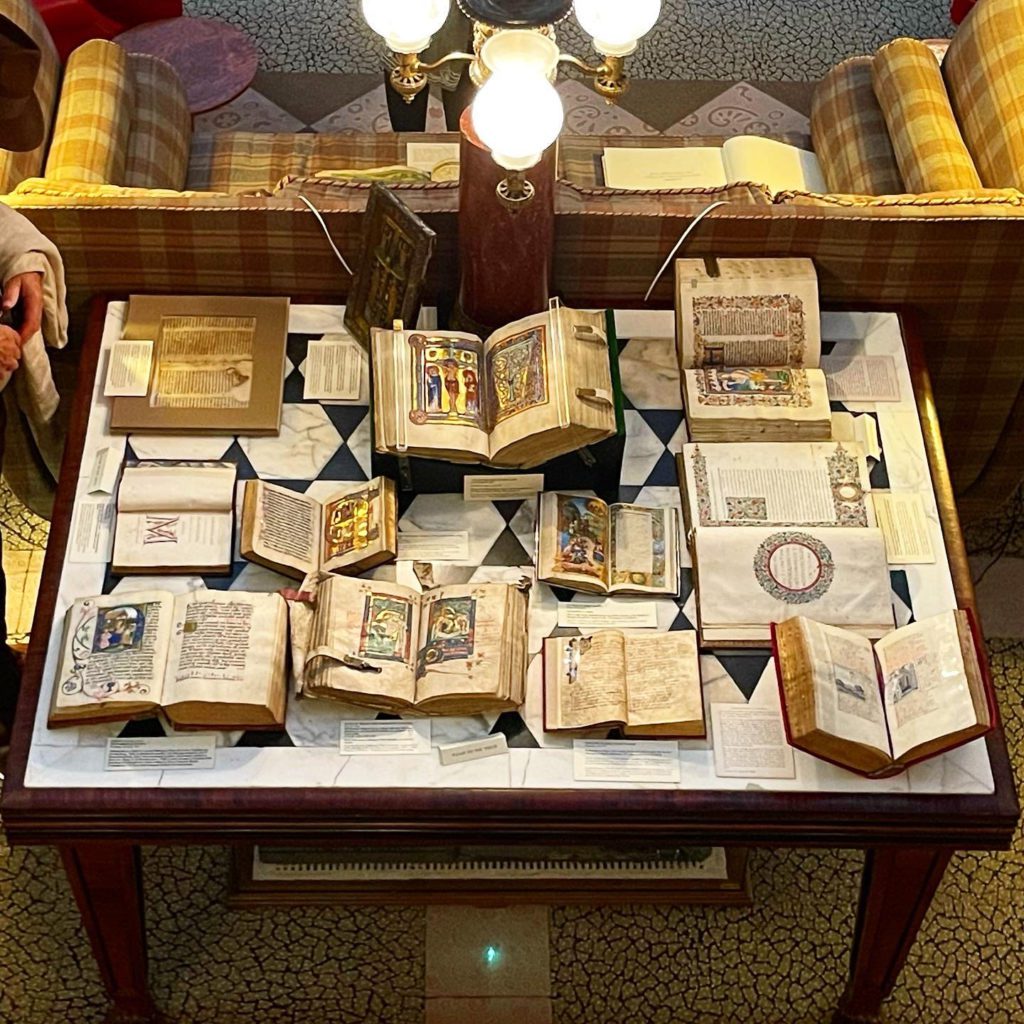
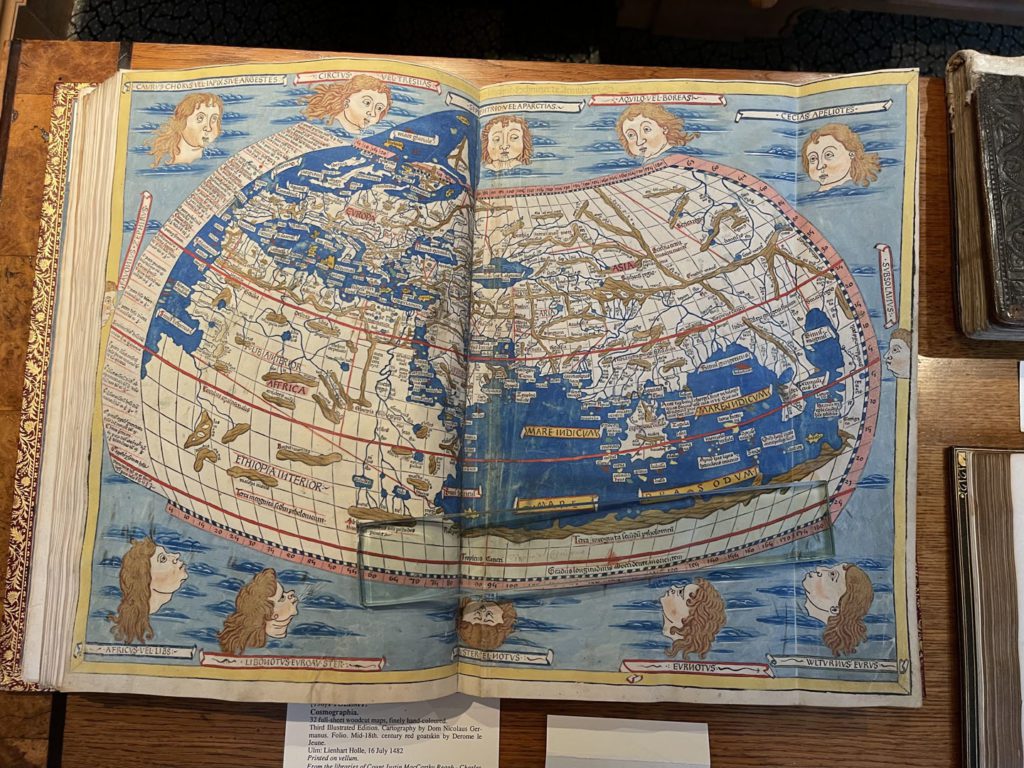
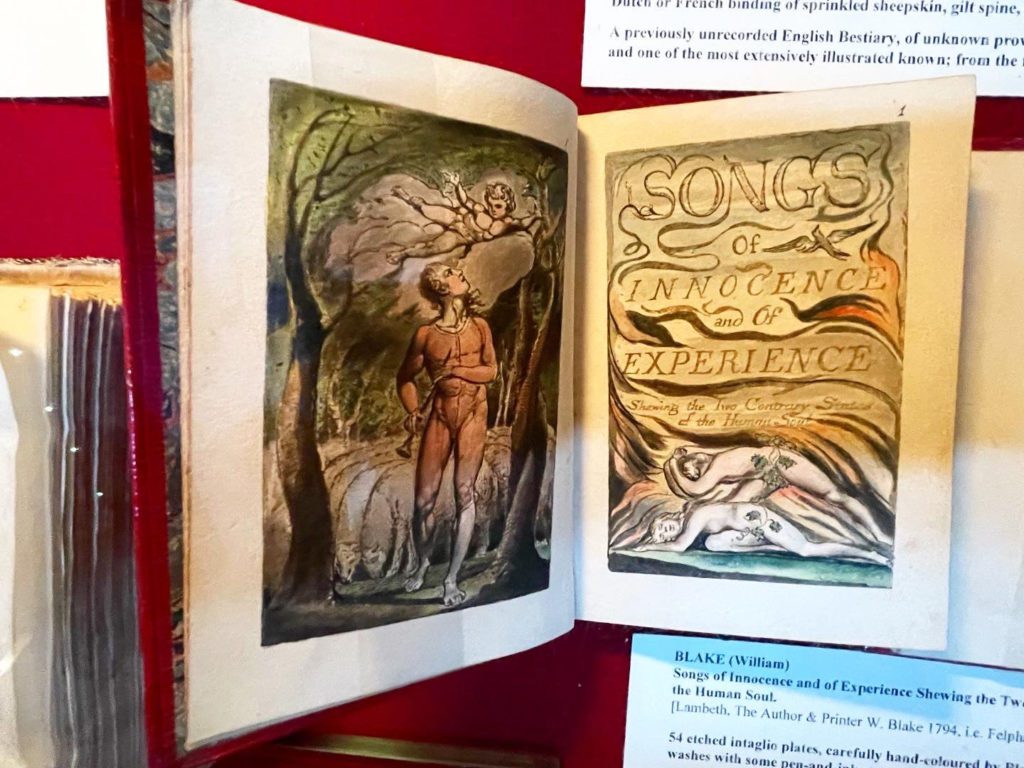
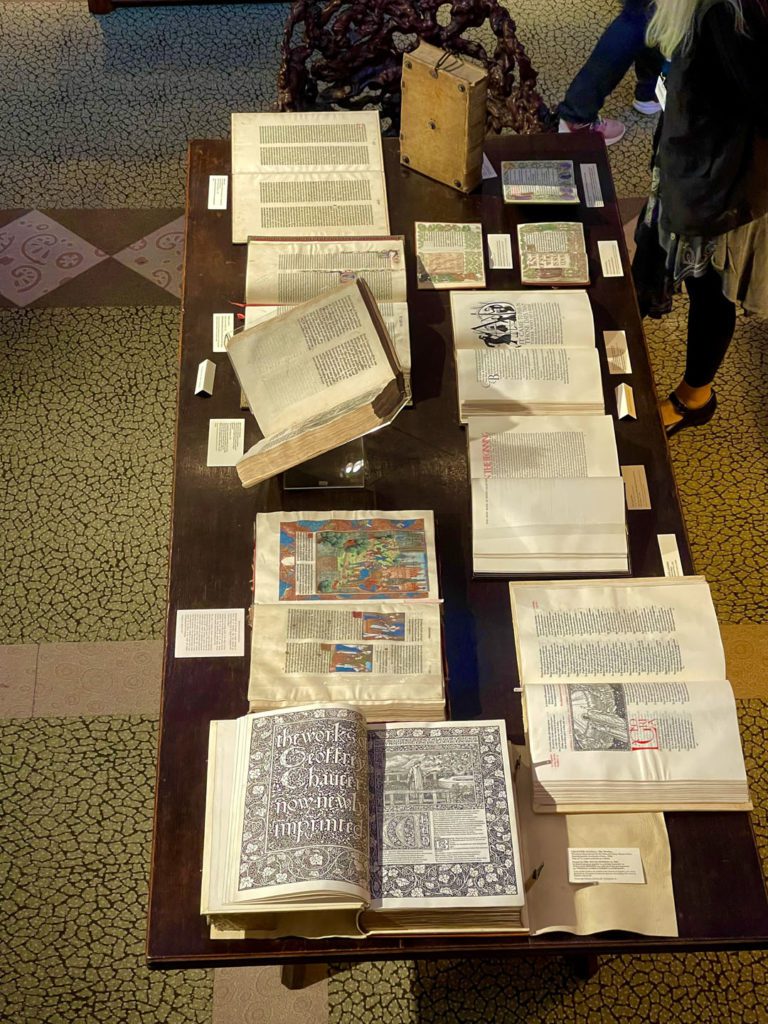
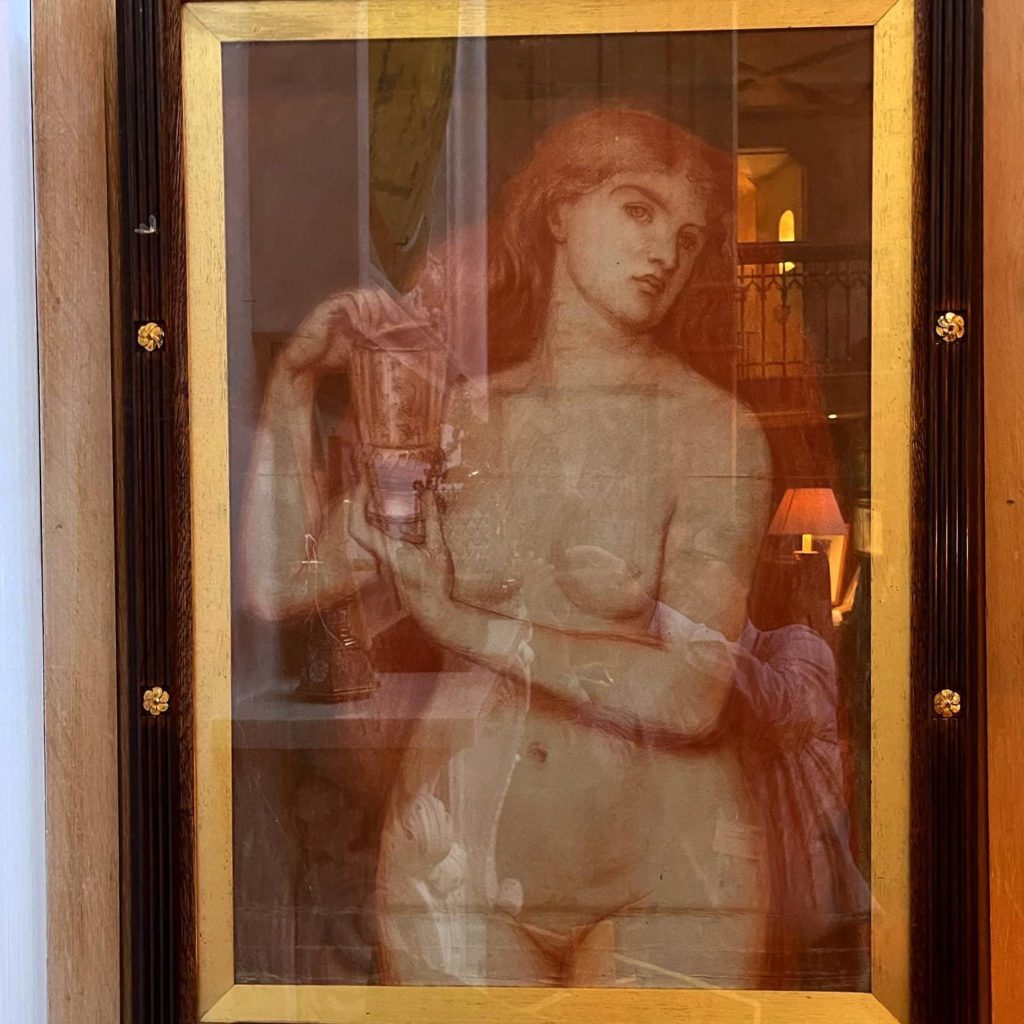
Quite a trip, Chuck. I’m a great fan of both “The Prisoner of Zenda” and Starrett, so I’m eager to read that letter from Hope.
I spent a couple of hours at the Frederick store on Friday, just poking around. It was fun to explore the magazines and old AB Bookman Weeklies and some areas I don’t normally look through. Talked a bit with Your son Joey, too. I hadn’t realized you were back at work, else I might have swung by the warehouse instead. Next time.
It was a whirlwind!
I’m sorry I missed you.
Yes, we are releasing things to the stores that we have not before.
Hope to visit with you soon.
Best
Chuck
Wonderful write up on your trip to England. It was like you took us along and enjoy the journey. Salomon Torres, Harlingen, Texas (Wonder Books customer for many years.)
Thank you for commenting. It helps to hear what people like.
Thank you for being a customer and a reader!
Best
Chuck
Wow, what a trip!
It was amazing – if a bit daunting.
Thank you for reading and writing!
Chuck
Though behind I Always enjoy reading your adventures. Look forward to more Bookplates this year! So glad you are able to enjoy life more now. Keep up the spirit.
Blessings,
Thomas (Tommy)
Thanks Tommy!
Email your address and I’ll send what we have
Chuck